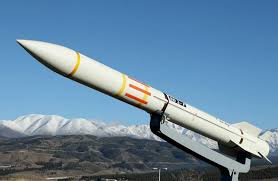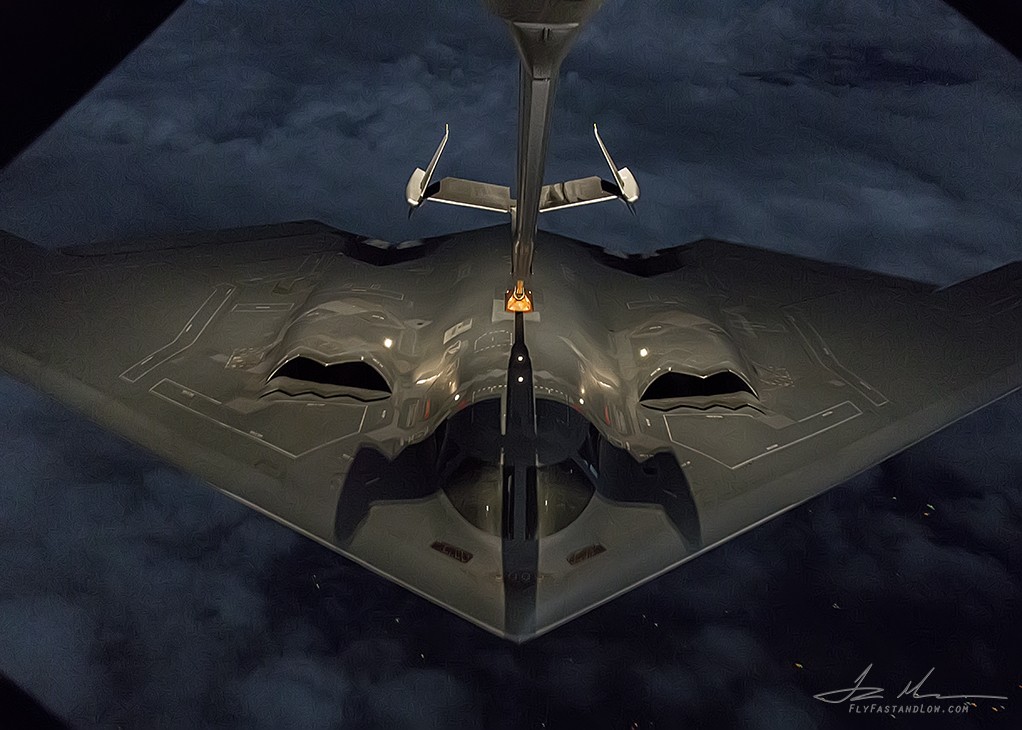by Luke Allen
In a significant development that could alter the balance of power in ongoing regional conflicts, Iran is set to deliver hundreds of ballistic missiles to Russia, according to two European intelligence sources. The missiles, specifically the Fath-360 close-range ballistic missiles, are expected to be handed over following the completion of training for Russian military personnel in Iran.
Russian defense representatives reportedly signed the contract for the delivery of the Fath-360 and Ababil missile systems on December 13 during a visit to Tehran. This agreement marks a notable escalation in military cooperation between the two countries, which are already heavily involved in various regional conflicts.
The European intelligence sources emphasized that training Russian military personnel is a standard procedure for weapons supplied to Russia. This ensures that the receiving country’s forces are adequately prepared to operate the new systems effectively. The delivery of the missiles is expected to commence once the training is completed, although an exact timeline has yet to be disclosed.
The Fath-360 missile system is known for its precision and effectiveness. With a range of 120 kilometers and a warhead weighing 150 kilograms, it poses a significant threat to targets within its operational radius. The Ababil missile system, although less well-known, is also considered a valuable addition to Russia’s growing arsenal.
Iranian officials, however, have repeatedly denied that the country will transfer missiles to Russia. Despite these denials, the European intelligence reports suggest otherwise, indicating that preparations for the delivery are already underway.
Adding another layer of complexity to this development, Iranian sources have told the New York Times that Iran has requested modern air defense systems from Russia. This request is reportedly part of Iran’s broader strategy to bolster its defenses in anticipation of a potential conflict with Israel. The request for advanced air defense systems underscores Iran’s concerns about its security and the possibility of escalating regional tensions.
The news of the missile delivery and the associated military training has sparked a flurry of reactions from the international community. Analysts are closely monitoring the situation, as the transfer of such advanced weaponry could have far-reaching implications for regional stability and global security.
“This development is concerning on multiple levels,” said Dr. Maria Thompson, a senior fellow at the International Institute for Strategic Studies. “The delivery of these missiles to Russia strengthens Russia’s military capabilities and signals a deepening of the military alliance between Tehran and Moscow. This could significantly affect the balance of power in the Middle East and beyond.”
The United States and its allies are likely to view this development with alarm, given the already tense relations with both Iran and Russia. There are concerns that the delivery of these missiles could embolden Russia in its military endeavors and further complicate efforts to achieve diplomatic solutions to ongoing conflicts.
As the situation continues to evolve, the international community will watch closely to see how these developments unfold. The delivery of the ballistic missiles, the ongoing military training, and Iran’s request for advanced air defense systems all point to a complex and potentially volatile geopolitical landscape.
In the meantime, diplomatic efforts to address these emerging threats will be crucial. The international community must navigate these challenges carefully, seeking to prevent further escalation while addressing the legitimate security concerns of all parties involved. The stakes are high, and the consequences of missteps could be profound.




